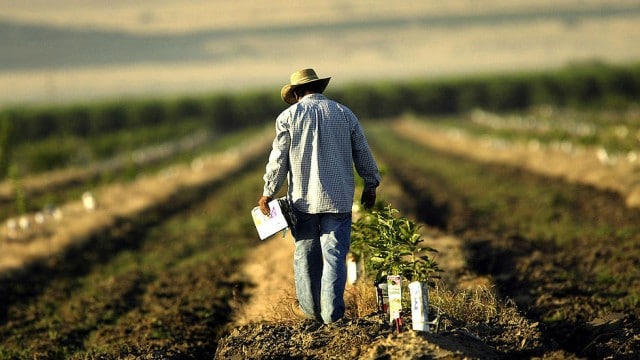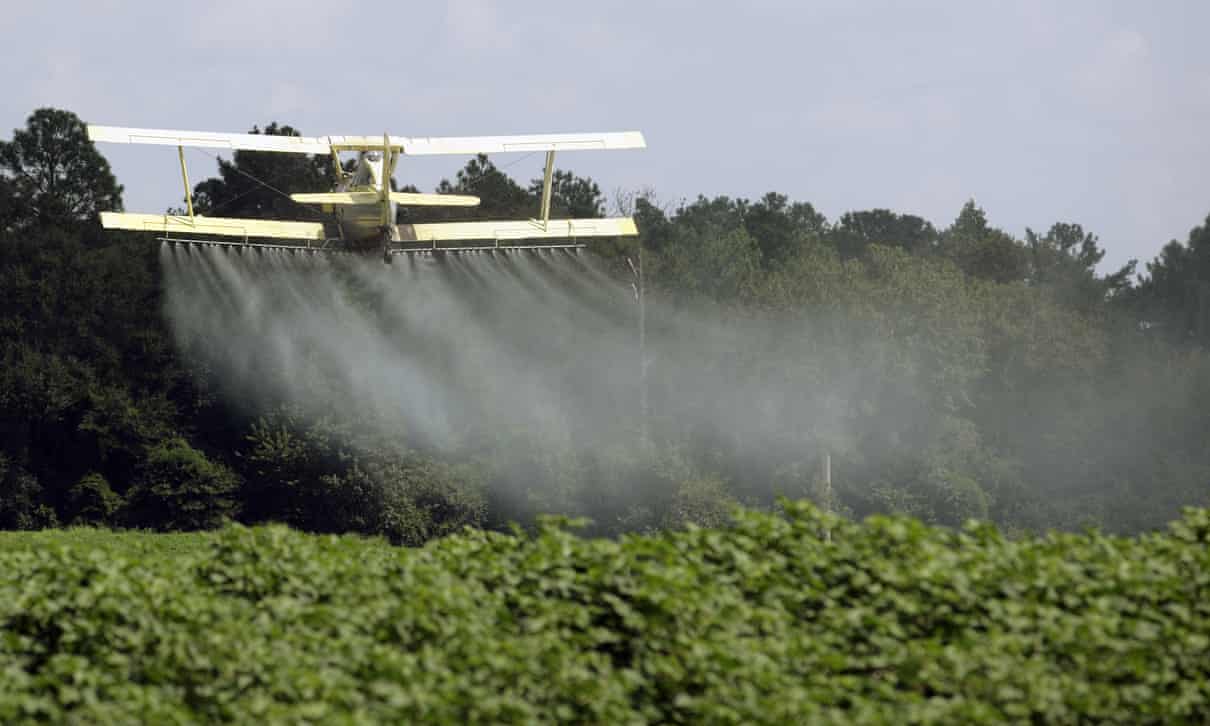
Mercados de carbono y compensaciones
Distracciones injustas e ineficaces que nos alejan de las soluciones reales
Mercados de carbono y compensaciones
Las grandes empresas contaminantes y sus patrocinadores financieros —desde compañías petroleras y gasísticas hasta la agroindustria y los bancos de Wall Street— pretenden seguir destruyendo el clima mientras pagan a agricultores, silvicultores y otros para que compensen sus emisiones de gases de efecto invernadero mediante la “captura de carbono” en el suelo y los árboles. Posteriormente, planean establecer mercados para comercializar ese carbono.
Más de una década de comercio de carbono ha demostrado que los mercados de carbono son ineficaces para reducir la contaminación climática. Han sido manipulados para beneficiar a los contaminadores, no han logrado disminuir las emisiones de acuerdo con la evidencia científica e incluso, en muchos casos, han provocado un aumento de las mismas. Han estado plagados de fraude, contabilidad creativa y falta de integridad ambiental.
Los mercados de carbono perpetúan el racismo ambiental, vulneran los derechos humanos y socavan comunidades y sistemas alimentarios saludables, sostenibles y resilientes. El comercio de carbono ha exacerbado los focos de contaminación en comunidades de bajos recursos y comunidades de color en Estados Unidos y en países en desarrollo. La falta de salvaguardias adecuadas ha provocado violaciones de los derechos de los pueblos indígenas y los habitantes de los bosques, conflictos por la tierra y devastación ambiental.
Queda menos de una década para tener una posibilidad razonable de limitar el aumento de la temperatura global a no más de 1,5 grados Celsius, y la ciencia es clara: las reducciones de gases de efecto invernadero deben ser absolutas, sin posibilidad de compensación alguna.
Medios de comunicación
Mercados de carbono del suelo
Los mercados de carbono del suelo se ven afectados por una serie de problemas específicos. Si bien muchos agricultores necesitan asistencia financiera y técnica para implementar prácticas que capturen carbono y protejan el medio ambiente, los mercados de carbono beneficiarán principalmente a las operaciones más grandes e industrializadas. El carbono del suelo es especialmente inadecuado para su comercialización. El almacenamiento de carbono en el suelo es transitorio; el carbono secuestrado en el suelo puede liberarse con un cambio en las prácticas de manejo de la tierra o debido a fenómenos meteorológicos extremos. Además, actualmente no existen las herramientas para medir el carbono del suelo con la precisión necesaria. Sin herramientas de medición adecuadas ni garantías de permanencia, cuantificar el carbono del suelo para su uso en los mercados de carbono se convierte en una mera especulación y no garantiza reducciones reales en las emisiones de gases de efecto invernadero.
Los mercados de carbono del suelo servirán para blanquear la imagen de algunos de los mayores contaminadores y, al mismo tiempo, beneficiarán a la agroindustria. Las centrales eléctricas y las refinerías podrían comprar compensaciones de carbono a los agricultores, alegando cumplir con los compromisos de "cero emisiones netas" sin reducir realmente la contaminación y perjudicando a las comunidades aledañas. Las granjas industriales podrían comprar o incluso generar créditos mientras envenenan el aire y el agua a su alrededor. Gigantes de la agroindustria como Syngenta y Bayer Apoyan la formación de mercados de carbono del suelo porque estos aumentarán las ventas de semillas y pesticidas patentados y recopilarán y controlarán enormes cantidades de datos de los agricultores, afianzando su poder mientras encubren sus operaciones con un enfoque ecológico.
La agricultura estadounidense puede y debe formar parte de la solución climática, pero los mercados de compensación que perjudican a las comunidades de color y afianzan el poder de mercado de las grandes empresas agroindustriales no son el camino correcto. Ya contamos con políticas que ayudarán a los agricultores a mejorar la salud del suelo, proteger la biodiversidad y combatir la crisis climática sin perpetuar la injusticia ambiental.
Un mejor camino hacia adelante
La agricultura ecológicamente regenerativa debe incentivarse como complemento, y no como sustituto, de las drásticas reducciones de carbono en el sector energético. Debemos aumentar los incentivos para la transición a la agricultura orgánica e invertir considerablemente en los programas de conservación exitosos del USDA, adaptándolos para ayudar a los productores a capturar carbono. El Congreso debe apoyar los programas de asistencia técnica del USDA en lugar de subcontratarlos a gigantes agroindustriales contaminantes como Bayer. Se debe apoyar a los agricultores familiares en estos esfuerzos con reformas estructurales que garanticen mercados y precios justos, en lugar de crear falsas promesas de nuevos mercados que beneficiarán principalmente a las grandes empresas agroindustriales.
Recursos
Formas de apoyar nuestro trabajo

Lea las últimas noticias
Manténgase informado e inspirado. Lea nuestros últimos comunicados de prensa para descubrir cómo estamos contribuyendo al planeta.

Vea nuestro impacto
Vea las verdaderas victorias que su apoyo hizo posibles. Lea sobre los triunfos de campaña por los que hemos luchado y ganado juntos.

Dona hoy
Contribuye a impulsar el cambio. Se necesita el apoyo de defensores del medio ambiente como tú para construir un mundo más sano y justo.

